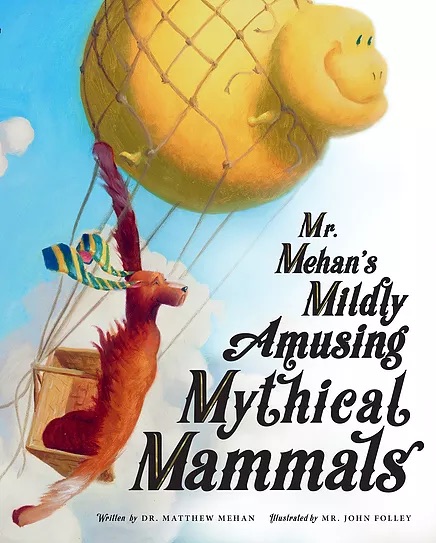Everyone knows there are good and bad ways to react to bad news, setbacks, sorrows, even tragedy. We can despair or rage; or we can remain calm and persevere, even as we weep bitter tears.
But compared with other difficult undertakings in life, reacting to bad news and tragedies can be more vexing because it’s something we never deliberately practice.
“Excuse me, boss, could you fire me? I want to practice reacting well to life’s more serious upheavals.”
Or, “Dear God, please take a loved one from me, so that I can learn to become more trusting and peaceful even in the midst of great sorrow.”
Crazy talk.

Adding to the difficulty, our friends can’t easily help us improve our reaction to — let’s face it — evil, for when we are in the midst of sorrow and suffering we are also in the absolutely worst frame of mind to take advice. If our friend is upset and suffering, maybe even in shock, we should have the common sense not to lecture him: “I think you’re wailing a bit too desperately, John, at the sudden death of your dad.” (John, by the way, is a great generic name for someone who must serve as the receptacle of our wasteful words.)
In a similar way, matters of social and political injustice, disagreements about how to organize our common life, can boil over into despair and anger. We have 24-hour news and our Twitter feed at our thumb tips. Any moment of any hour, our heart can open its inner ear to the bad news of the day or the dismaying argument of John’s friend, followed by John’s overreactions, followed by ill-timed advice from John’s friend to John about how John overreacted, followed by — the whole thing toilet-bowls very quickly.
Well then, how do we learn to react to sorrows, setbacks, and tragedies? Obviously, through experience of real psychic pain, real sorrows. Each one of us will have to face such things, one way or another. But it’s hard to worry about self-improvement when you’re devastated by loss or enraged by the latest legitimately awful injustice. By then it’s too late.
All the more reason, then, for us to turn to the realm of imagination for help: comedy and tragedy, mixed together, in a delightful diet of art, sufficiently skillful to impart to an audience a powerful imitation of real life. A moving vignette of tragedy can allow us to vicariously experience a tragic hero’s bad choices and learn to make better ones. Think of Oedipus’ wild overreaction to news of his mother’s suicide. He gouged his own eyes out with her dress pins, taken from her corpse! John might say and feel, “Woah. I have got to stay calm if things get bad like that for me.”
Feelings and emotions, worked and shaped to have a properly human reaction to bad news, may also be greatly aided by comedy’s powerful insight, that things often do turn out alright despite the sorrows and sufferings of this world.
We might consider Dante’s “Divine Comedy,” which begins with a tour of hell, where we see every sick and evil soul that went unpunished on Earth, twisting in the fires of Inferno. And it ends with charity, justice, and honor for all who deserve it, in just the right measure, in peace and pleasure, with God, and each other, forever. Paradiso. John might say and feel, “Woah. I should stay calm and confident that even when I fail to stop every evil, there is hope in a just reward for all.” John’s friend might say these images are opiates for the masses, but as Aesop might have replied, “Don’t be an ass.”
Matthew Mehan is the Worsham Teaching Fellow for Hillsdale College’s Allan P. Kirby, Jr. Center for Constitutional Studies and Citizenship in D.C. and director of the Jackson Scholars Program for The Heights School in Potomac, Md. His new book of poetry, Mr. Mehan’s Mildly Amusing Mythical Mammals, released this month and was illustrated by his friend John.

